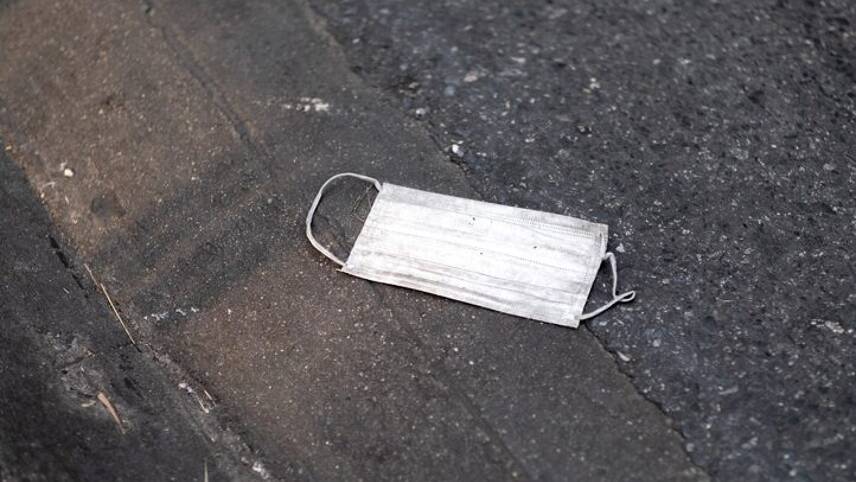Register for free and continue reading
Join our growing army of changemakers and get unlimited access to our premium content

In the last three months, since the coronavirus was first identified in China in January, the virus has infected 100,000 worldwide and killed more than 3,000.
This tragedy has made us all reconsider ‘normal’ activity. Italy has just closed all its schools and universities. As factories in China shut down, commerce is reeling, suffering from both reduced industrial output and consumer demand. The effects range from the impact on big volume retailers, whose suppliers are having to rethink their manufacturing and sales strategies for the immediate, let alone short-term; to South African lobster fisherman, 90% of whose catch is normally flown to China. They are now struggling to get half the price per kilo for the shellfish, with demand at its lowest ebb ever.
Yet alongside these negative impacts, the curbing of ‘business as usual’ has had a staggeringly swift impact on carbon emissions. China’s reduced activity has already cut the country’s carbon output by a dramatic 25%—that’s a lowering of global emissions by a not-insignificant 6%. Meanwhile, reduced air travel is having an impact worldwide. Overall, the number of weekly airline flights has dropped by 12.5%, eliminating 2.2m metric tonnes of CO2 from the atmosphere per week.
What we’re witnessing is consumer demand changing radically within a matter of weeks, driven by the very primal instinct for survival. This is the kind of behavioural change for which climate activists have been campaigning, almost completely unsuccessfully, for years. Finally, we’re taking crisis action, even if it isn’t in direct response to the threat Greta Thunberg has been addressing so eloquently.
But are these new patterns of behaviour, where we curb travel, reduce our consumption and make health our leading agenda, actually sustainable, or will we revert to ‘normal’ behaviour once the virus has been defeated and the perceived threat has gone?
As a committed supporter of the circular economy, a system I have been personally working to embed through a series of tech-powered businesses for several years now, my aim has been to radically change the flow of goods, eliminating waste by keeping ‘stuff’ in use, exponentially. My business, Stuffstr, works to help retailers and their customers become part of that closed-loop system, doing away with rubbish and seeing that all products and materials are used fully, then used again. Nothing need go to landfill, because when it does, it wastes precious resources and poisons the earth.
If coronavirus can cut the world’s carbon emissions in a matter of weeks, what immediate threat do we need to stop people from throwing stuff away? Let’s hope we come out of these challenging times with an increased consciousness of how we can change when we feel compelled to do so, to the benefit of both the planet and ourselves.
John Atcheson is chief executive and founder of Stuffstr



Please login or Register to leave a comment.